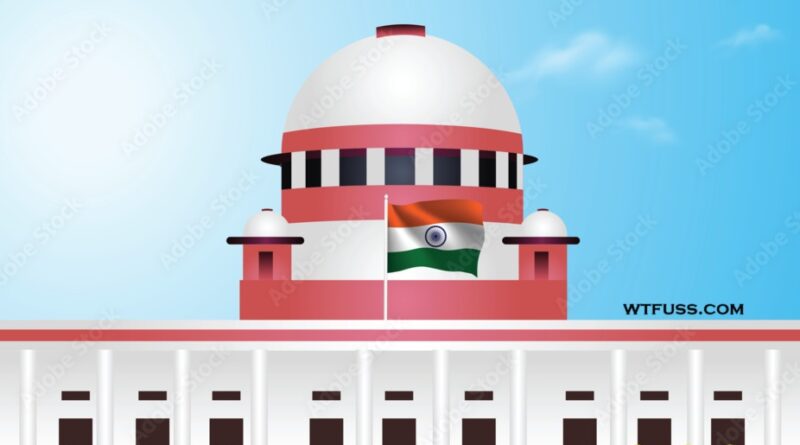SC Dismisses Petition Aimed at Shielding Savarkar from Criticism
The Supreme Court’s recent dismissal of a plea to include Vinayak Damodar Savarkar’s name in the Emblems and Names (Prevention of Improper Use) Act, 1950, marks a significant moment in India’s legal and political landscape. This decision not only underscores the judiciary’s commitment to constitutional principles but also reflects on the broader political narratives surrounding historical figures.
Supreme Court’s Decision: On May 27, 2025, a bench comprising Chief Justice B.R. Gavai and Justice Augustine George Masih dismissed a petition seeking the inclusion of Savarkar’s name in the Emblems and Names Act. The court found no violation of fundamental rights, emphasizing that such matters fall outside its purview under Article 32 of the Constitution.
Petitioner’s Argument: The petitioner, Dr. Pankaj Phadnis, claimed that remarks made by political leaders, particularly Rahul Gandhi, against Savarkar infringed upon his fundamental duties under Article 51A. He sought legal measures to prevent the misuse of Savarkar’s name.
Court’s Response: The bench clarified that the petition did not demonstrate any infringement of fundamental rights, rendering it unsuitable for consideration under Article 32. The court advised the petitioner to approach the appropriate governmental authorities for such requests.
Political Implications: This decision is perceived as a setback for efforts to legally enshrine Savarkar’s legacy in a manner that could restrict public discourse. It also aligns with previous judicial observations cautioning against the politicization of historical figures.
Rahul Gandhi’s Position: The dismissal indirectly supports Rahul Gandhi’s earlier criticisms of Savarkar, suggesting that such political commentary remains within the bounds of free speech and does not warrant legal suppression.
The Supreme Court’s ruling reinforces the importance of maintaining a clear boundary between judicial processes and political agendas. By upholding constitutional principles and resisting attempts to curtail open discourse through legal means, the judiciary affirms its role as a guardian of democratic values. This decision serves as a reminder of the judiciary’s independence and its commitment to preserving the sanctity of constitutional rights.


